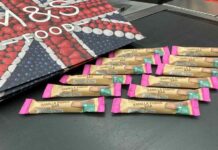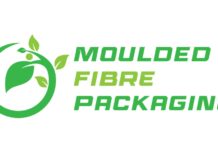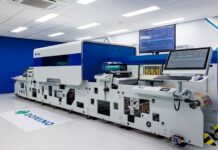DataLase has announced the further advancement of its pioneering inkless technology for metal can decoration. With a growing emphasis on reducing material waste, enhancing recyclability and lightweighting, label-free metal cans are gaining market share, offering significant benefits over traditional alternatives like glass and plastic.
To ensure security and provide essential data to all relevant parties, including consumers, helping them understand the environmental impact of the materials and products they use, there is an urgent need for consumer products to be tracked and traced throughout the supply chain. The European Union is already moving to formalise this through regulations such as Digital Product Passports (DPP) in sectors like textiles, construction and batteries, with packaged goods expected to follow soon.
In response, DataLase has extended its leading inkless solutions from metal lid decoration to include metal cans, enabling comprehensive track and trace capabilities across all metal can market segments, including beverages, household goods and personal care. The company’s label-free solutions rely on speciality pigments that change colour when exposed to specific laser wavelengths. Their innovative photonic printing technology, which combines pigments and laser energy, results in an ink-free solution at the point of imaging.
For metal can decoration, the pigments are integrated into a coating that can be applied using conventional printing techniques such as flexo and offset printing, eliminating the need for labels. This process allows for the generation of QR codes, facilitating full track and trace requirements.
DataLase technology eliminates the need for ink and labels at the point of imaging, advancing environmental goals with minimal impact on recyclability. The coatings are compatible with existing overprint varnishes and UV laser imaging preserves varnish integrity while activating the DataLase pigment layer, enabling robust, high-speed QR code imaging.
DataLase’s CTO, Ally Grant, said: “This advanced track and trace capability provides assurance of product integrity and reduced environmental impact to all parties within the supply chain, including consumers. Furthermore, it supports sustainability goals by eliminating the need for labels and inks at the point of imaging, while aligning with anticipated Digital Product Passport regulations in the packaging market.”




























